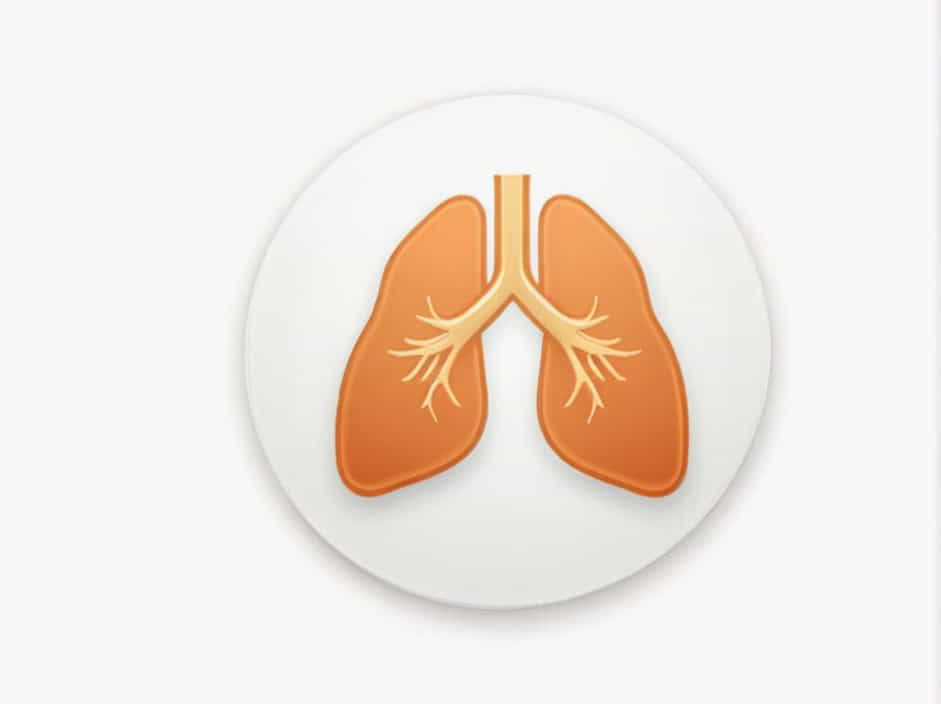The adrenal glands are small but powerful endocrine glands located atop each kidney. Despite their size, these glands play a crucial role in regulating metabolism, stress response, blood pressure, and electrolyte balance. They produce a variety of hormones, including adrenaline, cortisol, and aldosterone, which influence many physiological processes.
This topic explores the structure, function, and disorders related to the adrenal glands in an easy-to-understand manner.
What Are the Adrenal Glands?
Location and Structure
Each adrenal gland sits above a kidney, resembling a small, triangular-shaped organ. They measure about 1-2 inches in length and weigh around 5 grams.
The adrenal glands consist of two main parts:
- Adrenal Cortex – The outer layer responsible for producing steroid hormones.
- Adrenal Medulla – The inner core that secretes catecholamines like adrenaline.
Each part has distinct functions that are essential for maintaining homeostasis.
Functions of the Adrenal Glands
The adrenal glands regulate several bodily functions through hormone production. These include:
- Managing stress responses (fight-or-flight reaction)
- Regulating blood pressure
- Controlling metabolism and energy levels
- Maintaining fluid and electrolyte balance
- Supporting immune system function
Their ability to respond to internal and external stimuli makes them vital for survival.
Hormones Produced by the Adrenal Glands
The adrenal glands secrete three main categories of hormones:
1. Hormones from the Adrenal Cortex
The adrenal cortex is divided into three layers, each responsible for producing different steroid hormones:
a) Glucocorticoids (Cortisol)
- Helps regulate metabolism, immune response, and stress adaptation.
- Increases blood sugar levels and suppresses inflammation.
- Plays a role in wound healing and immune function.
b) Mineralocorticoids (Aldosterone)
- Maintains sodium and potassium balance.
- Regulates blood pressure by controlling fluid retention.
- Prevents excessive electrolyte loss in urine.
c) Androgens (DHEA and Sex Hormones)
- Contribute to sexual development and secondary sex characteristics.
- In females, androgens are converted into estrogen.
2. Hormones from the Adrenal Medulla
The adrenal medulla is responsible for the body’s fight-or-flight response by producing:
a) Epinephrine (Adrenaline)
- Increases heart rate, blood pressure, and energy supply.
- Dilates airways to enhance oxygen intake.
- Mobilizes glucose for quick energy use.
b) Norepinephrine (Noradrenaline)
- Works alongside epinephrine to regulate alertness and blood circulation.
- Constricts blood vessels to redirect blood to vital organs.
These hormones allow the body to respond to stress, danger, or physical exertion effectively.
Common Disorders of the Adrenal Glands
1. Adrenal Insufficiency (Addison’s Disease)
Cause: The adrenal glands fail to produce sufficient cortisol and aldosterone.
Symptoms:
- Fatigue and weakness
- Low blood pressure
- Weight loss and dehydration
- Darkening of the skin (hyperpigmentation)
Treatment: Lifelong hormone replacement therapy.
2. Cushing’s Syndrome
Cause: Excessive cortisol production, often due to prolonged steroid use or tumors.
Symptoms:
- Rapid weight gain (especially in the face and abdomen)
- High blood pressure
- Muscle weakness
- Fragile skin and easy bruising
Treatment: Medication, surgery, or radiation therapy to control cortisol levels.
3. Hyperaldosteronism
Cause: Overproduction of aldosterone, leading to excessive sodium retention and potassium loss.
Symptoms:
- High blood pressure
- Muscle cramps
- Frequent urination
- Fatigue
Treatment: Medication or surgery in severe cases.
4. Pheochromocytoma
Cause: A rare tumor in the adrenal medulla that leads to excess epinephrine and norepinephrine production.
Symptoms:
- Severe hypertension
- Rapid heartbeat
- Sweating and anxiety
- Shortness of breath
Treatment: Surgical removal of the tumor.
How to Keep the Adrenal Glands Healthy
1. Manage Stress Levels
Chronic stress leads to excess cortisol production, which can affect metabolism and immune function. Relaxation techniques like meditation, exercise, and deep breathing can help regulate adrenal activity.
2. Maintain a Balanced Diet
A diet rich in healthy fats, lean proteins, and complex carbohydrates supports adrenal function. Essential nutrients include:
- Vitamin C (found in citrus fruits) for cortisol regulation.
- Magnesium (found in nuts and leafy greens) to reduce stress.
- B vitamins (found in whole grains and eggs) for energy production.
3. Get Enough Sleep
The adrenal glands follow a circadian rhythm, releasing cortisol in the morning to boost wakefulness and lowering it at night for rest. Poor sleep disrupts this cycle, leading to fatigue and hormone imbalances.
4. Avoid Excess Stimulants
Too much caffeine, sugar, or alcohol can overstimulate the adrenal glands, leading to burnout. Moderation is key for maintaining hormonal balance.
5. Stay Hydrated
Aldosterone helps regulate fluid balance, so drinking enough water prevents dehydration and blood pressure fluctuations.
Comparison: Adrenal Cortex vs. Adrenal Medulla
| Feature | Adrenal Cortex | Adrenal Medulla |
|---|---|---|
| Location | Outer layer of adrenal gland | Inner core of adrenal gland |
| Hormones | Cortisol, aldosterone, and androgens | Epinephrine and norepinephrine |
| Function | Regulates metabolism, blood pressure, and immune response | Controls stress response (fight-or-flight) |
| Response Type | Long-term hormone regulation | Immediate stress response |
This distinction highlights how both parts of the adrenal gland contribute to overall health.
The adrenal glands, located atop each kidney, play a vital role in hormone regulation and body homeostasis. By producing key hormones like cortisol, aldosterone, and adrenaline, they influence stress response, metabolism, blood pressure, and electrolyte balance.
Understanding adrenal gland function helps in recognizing hormonal imbalances and preventing disorders like Addison’s disease, Cushing’s syndrome, and pheochromocytoma. Maintaining a healthy diet, managing stress, and getting enough rest are essential for optimal adrenal health.
These small but powerful glands are crucial for survival, making their proper function essential for overall well-being.
